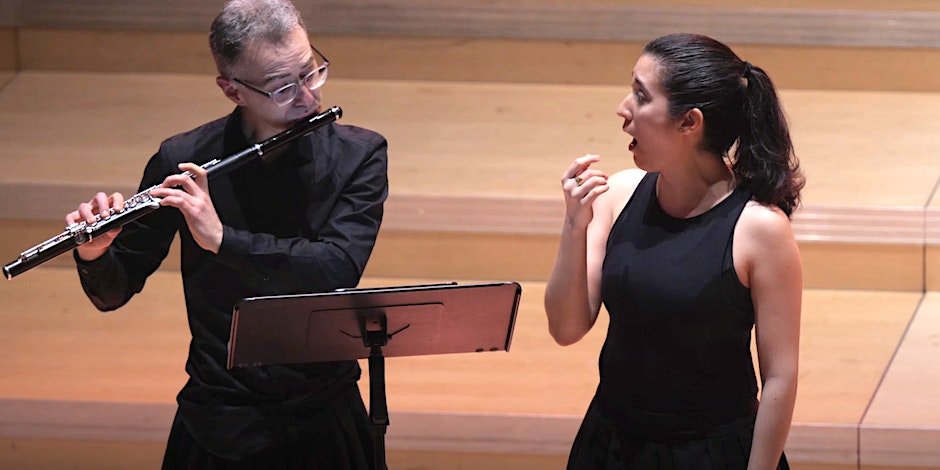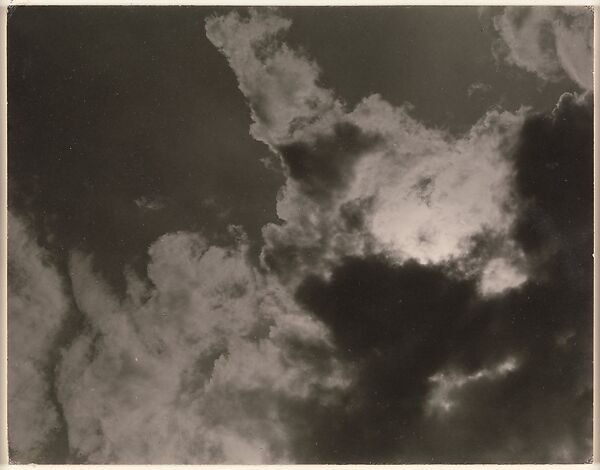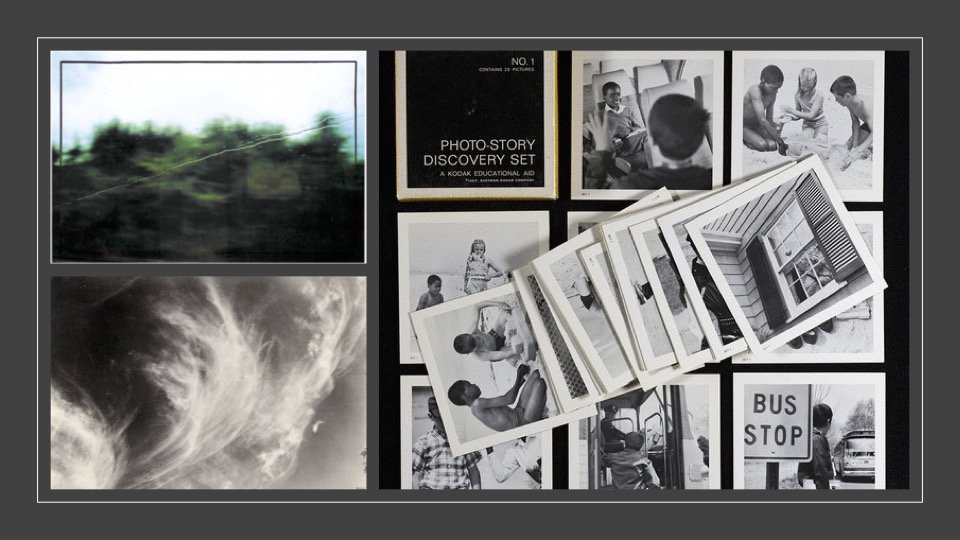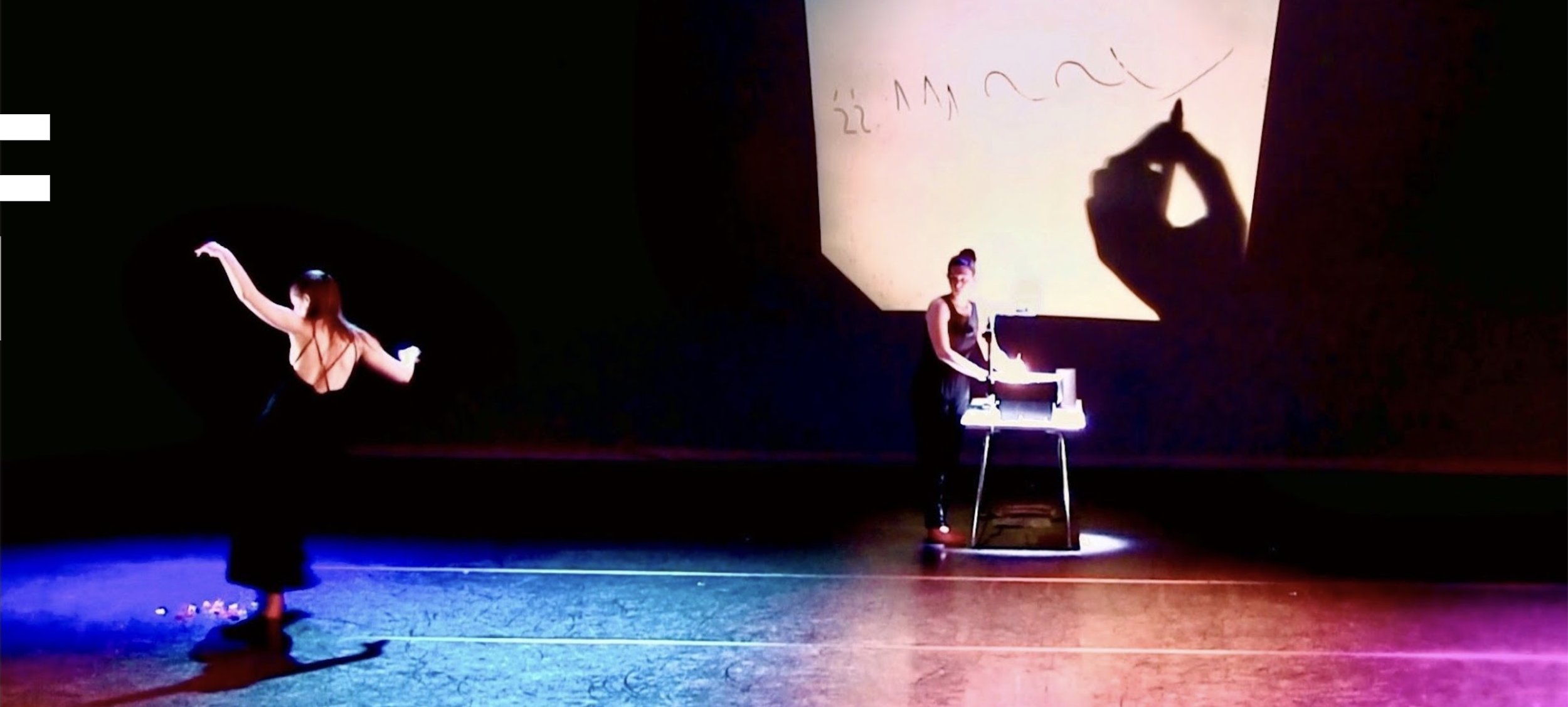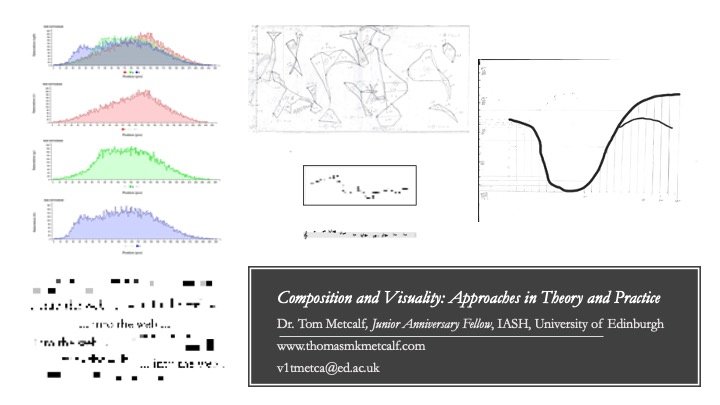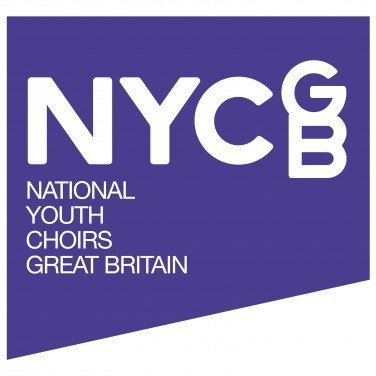A Symphony of Late Liberalism appears as a ‘concept-image’ in Elizabeth Povinelli’s Economies of Abandonment (2011), one which represents a critique of liberalism in a transnational, historic, and contemporary assemblage of events. It is further expanded in Geontologies: A Requiem for Late Liberalism, to demonstrate ‘a strange way of periodizing [which] creates an even stranger geography’ visible in the image of the Symphony (2016: 169). The Symphony is presented, in musical terms, as a graphic score: a musical text used for performance which prioritises indeterminacy, pictorialism and/or abstraction, suffused with a maximising of the performer’s agency (in lieu of the traditional composer-performer hierarchy).
The Symphony is a fusion of anthropological, sociological, and musicological design. This workshop will host five speakers to bring their disciplinary expertise to unravelling the implications of this enigmatic text. These short presentations will be interspersed with recorded musical interpretations of the Symphony, provided by pianist David Palmer, to demonstrate the radical potential of the text as performative: how can we ‘sound’ the idea of decolonial resistance?
The key questions to be addressed by this workshop include:
• What is it about the design of the Symphony that can further the understandings that Povinelli poses on late liberalism?
• How can, or should, it be read?
• What is gained through performances of the work?
• Having discussed these issues, how can one now see and hear the Symphony as critique of late liberalism in both Povinelli’s framework, but also in new, experimental and decolonial contexts?
Speakers:
• Prof. Elizabeth Povinelli, Franz Boas Professor of Anthropology, Columbia University
• Prof. Nadia Abu El-Haj, Ann Olin Whitney Professor of Anthropology; Codirector of the Center for Palestine Studies, Columbia University
• Dr. Morag Grant, Chancellors Fellow, Reid School of Music
• Dr. Tom Metcalf, Junior Anniversary Fellow, IASH
• Dr. Shakeel Anjum, RACE.ED Postdoctoral Fellow, IASH
This event is supported through the Susan Manning Workshop Fund from the Institute for Advanced Studies in the Humanities, University of Edinburgh. Image credit: Elizabeth Povinelli.
https://www.eventbrite.co.uk/e/notation-decolonial-resistance-and-late-liberalism-tickets-600675284947
